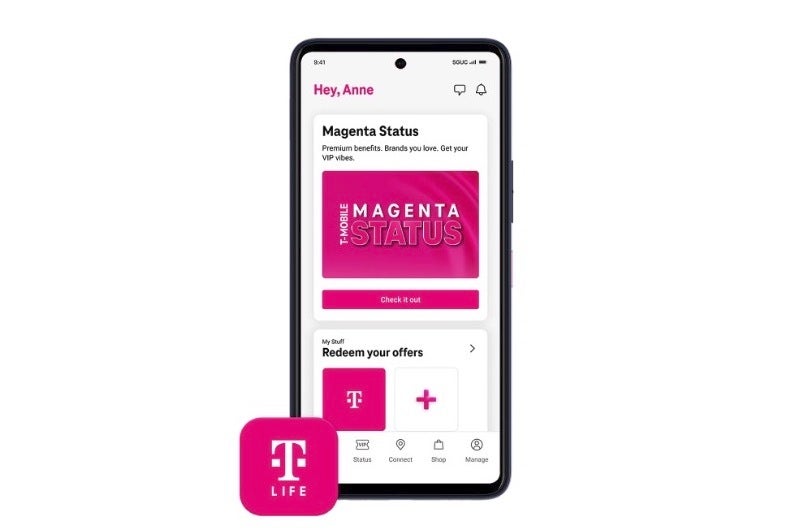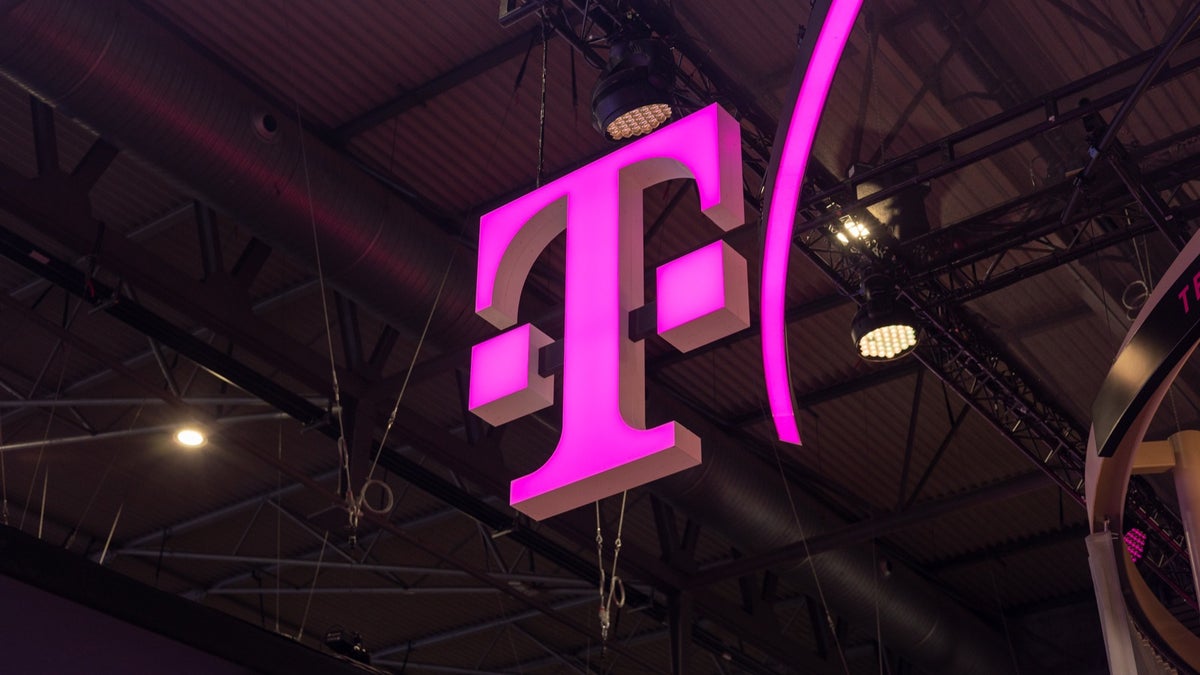However, this aggressive push has raised some eyebrows. Reports from T-Mobile employees suggest that there’s significant pressure to convince customers to download and install the T-Life app, even when it’s known to have technical issues. This has fueled speculation that T-Mobile is trying to transition to a primarily online customer base, potentially leading to store closures and job cuts. Others speculate that the fact that the company is pushing this hard for customers to download the app is suspicious in nature, even going as far as suspecting ulterior motives tied to customer tracking. There’s no actual proof of this, though.

T-Mobile’s T-Life app | Image credit — T-Mobile
Despite these concerns, T-Mobile maintains that the T-Life app is a success. They point to a significant increase in digital interactions, citing the iPhone 16 launch as a prime example. For the first time in the company’s history, the majority of iPhone pre-orders were placed digitally, with a year-over-year increase of nearly 50%.
This situation raises interesting questions about the future of customer service in the telecom industry. While the convenience of an all-in-one app is undeniable, it’s important to ensure that this transition doesn’t come at the cost of personalized support and reliable service. It remains to be seen how T-Mobile will address these concerns and whether their vision for T-Life will ultimately benefit both the company and its customers.
Personally, I find this whole thing a bit concerning. While I appreciate the convenience of managing my account online, I also value the option of speaking to a human being when I need help — particularly when I have to transfer eSIMs between devices, where it’s not as easy as just doing it online. I worry that this push for online-only service could lead to longer wait times and less personalized support. I guess we’ll just have to wait and see how it all plays out.
